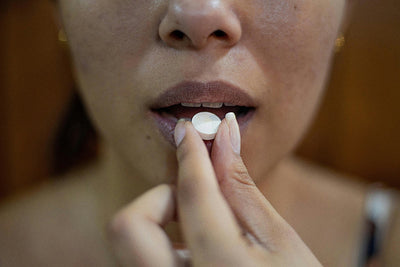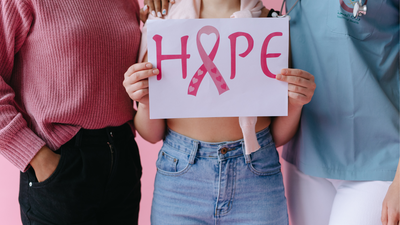Can You Donate Blood While Breastfeeding?
Can You Donate Blood While Breastfeeding?
by Jordan Berns
The COVID-19 pandemic has asked so much of everyone; people stay inside, wear masks, and socially distance. These measures can and do save lives. However, because Good Samaritans are venturing out less and less, there’s been a worldwide shortage of blood donations. The American Red Cross and other organizations are asking people to safely come and donate blood. This blood is needed by mainly those with sickle cell disease, chemotherapy patients, and patients who’ve had traumatic car accidents. Hospitalized babies especially need the blood of the 15% of adults who, by the age of 40, have not contracted CMV (Cytomegalovirus) and don’t have CMV antibodies. Similar to a flu, CMV is harmless to adults, but deadly to babies.
It seems that breastfeeding women are given a lengthy laundry list about what they can and cannot do while nursing their little ones. This thick rulebook also covers donating blood. The short answer is, yes, breastfeeding women can donate blood. The long answer is a little more complicated.
Different rules for different countries: when breastfeeding women can donate blood.
Almost every country has varying rules about when pregnant women can donate blood. The American Red Cross allows donations from breastfeeding women six weeks after giving birth. The Canadian Blood Services and the NHS in the UK ask women to wait until they’re six months postpartum. Australian women can donate when their babies are nine-months-old or are weaned to the point where they get most of their nutrition outside of breast milk. The Netherlands recommends six months postpartum. New Zealand medical authorities state that mothers may donate three months after their babies are mostly weaned. The WHO (World Health Organization) declares donating blood safe nine months after birth and three months after a child is mostly weaned. All of these institutions agree that it’s not safe for pregnant women to give blood.
There are many reasons behind regulating blood donations from breastfeeding mothers. One explanation is that people need time to replace the blood cells lost during childbirth. Doctors may approve their breastfeeding patients on a case-by-case basis. If you had a vaginal birth, chances are you’ll be able to donate sooner than a woman had a C-section, especially C-sections that were complicated. Blood significantly contributes to breast milk production, so losing blood can shrink a woman’s supply of breast milk.
Blood is thicker than water: potential side effects to donating blood while breastfeeding.
One pint of blood is removed during a donation and about half of this pint is water. Since 87% of breast milk is water, nursing woman can easily decrease their output of breastmilk with blood donation related dehydration. Make sure you hydrate more than usual before and after donating blood. Drink 3-4 additional glasses of water before donating to keep blood pressure high and avoid dehydration. Eating a 200-300 calorie snack beforehand can help you avoid dizzy spells, another side of effect being dehydrated. If your blood pressure is below 90/50, you won’t be able to donate.
Another concern for breastfeeding mothers is iron-deficiency anemia. Those with this anemia are not allowed to donate blood. According to a 1995 study, 22% of first-time breastfeeding mothers are anemic. Blood loss can occur during childbirth which can cause anemia, but even before childbirth, pregnant women are prone to this condition. A 2015 Saudi study, revealed 52% of pregnant women are iron deficient, largely due to insufficient weight gain during pregnancy. Pregnant women should consume 350-500 extra milligrams of iron a day. Certain foods can help with this issue. Some foods that may prove handy are spinach, whole grains, eggs, oranges, cherries, plums, and grapes.
If you choose to and are able, you can donate blood at the Red Cross every 56 days, as red blood cells can take 4-6 weeks to be replenished. The NHS, amongst others, doesn’t permit nursing women to donate plasma until two weeks after they are completely done breastfeeding. If you aren’t breastfeeding, you may donate plasma six months postpartum. Pregnant women are not eligible to donate plasma. General qualifications to donate blood are to be 16-years-old with parental consent or 17 without it. You must weigh 110 pounds minimum, and be in general good health, meaning there aren’t any normal activities that would give you difficulties. Make sure to rest before and after donating and avoid intense exercise around giving blood.
Donating blood can be a very rewarding activity; one pint donated can save up to three lives! However, if you donate while breastfeeding, be careful to avoid lifting heavy objects with your donor arm. This could interfere with some women’s favored nursing position. Always talk with your doctor before donating blood; it’s no surprise that out of all people, mothers feel altruistic, but make sure you’re not putting your own health at risk.






